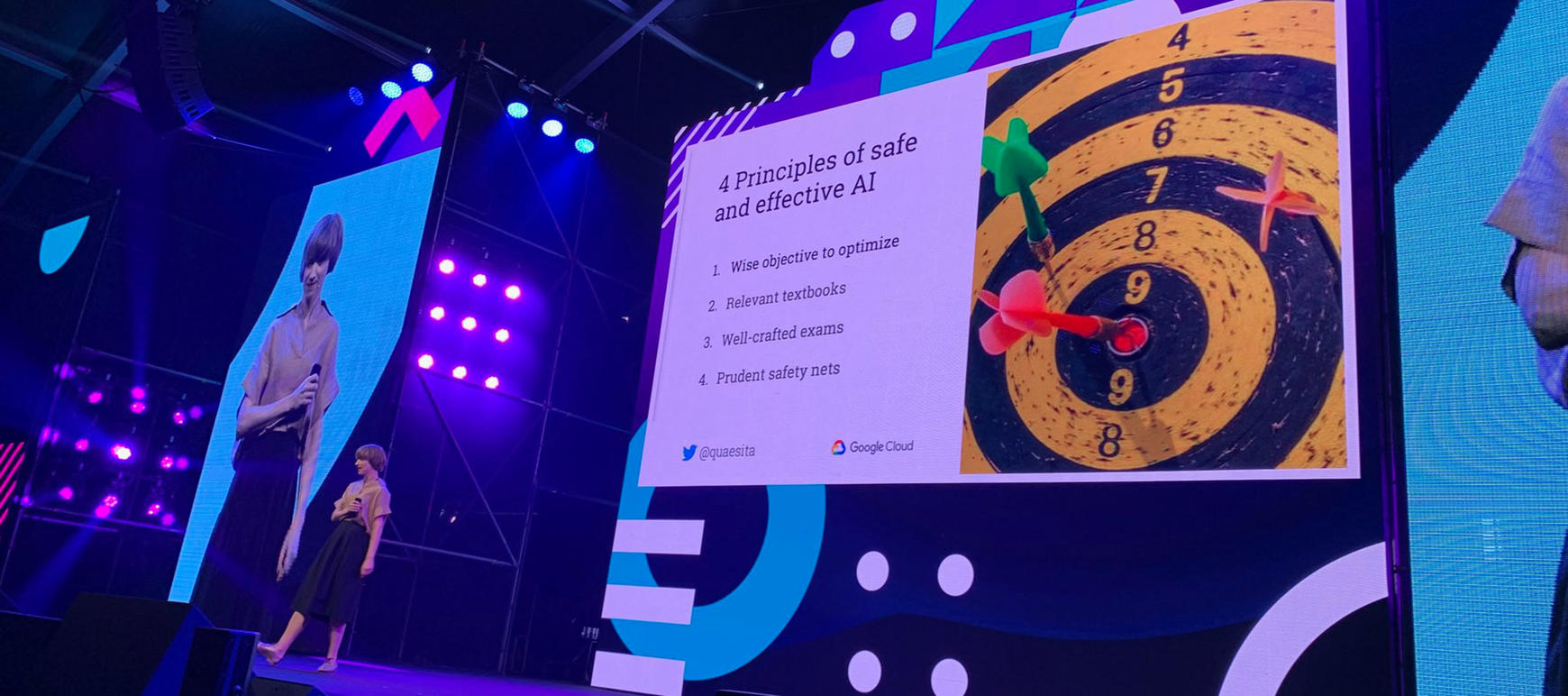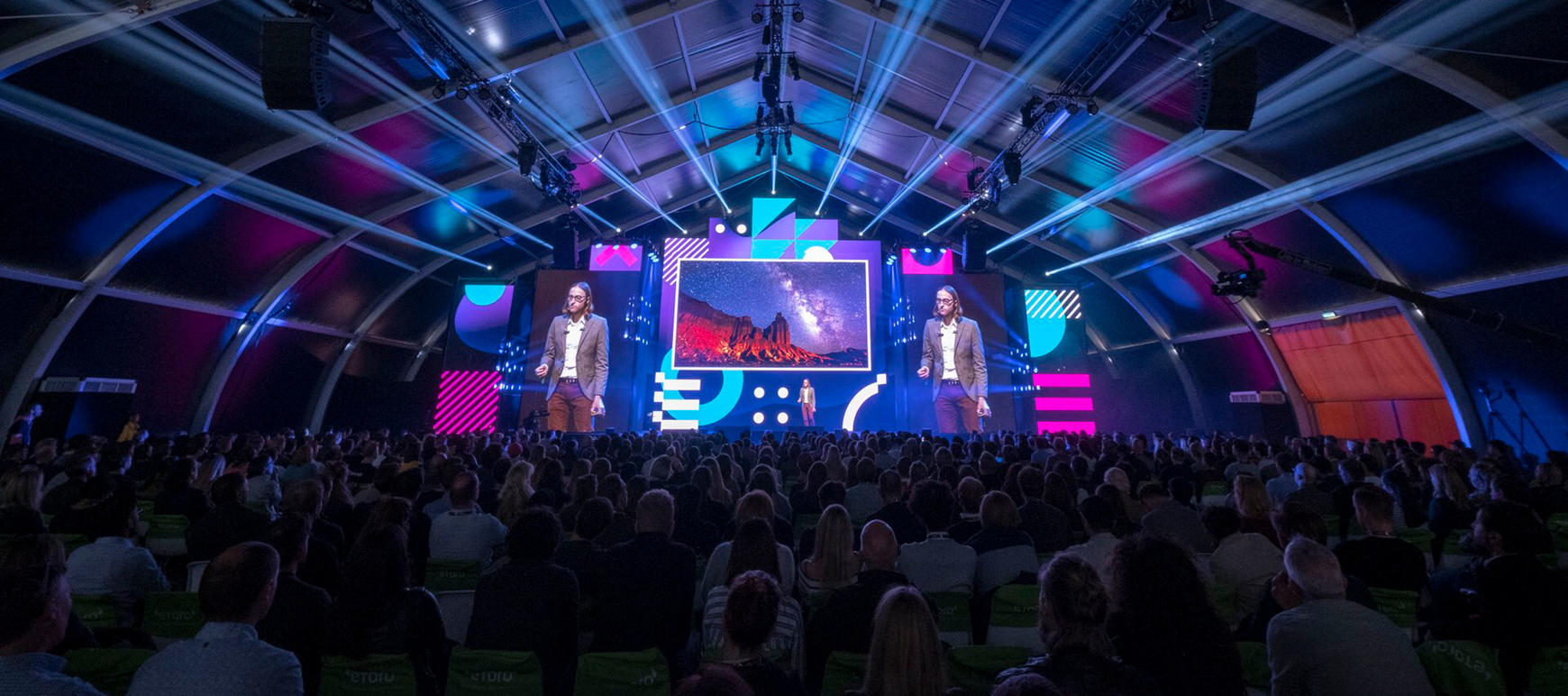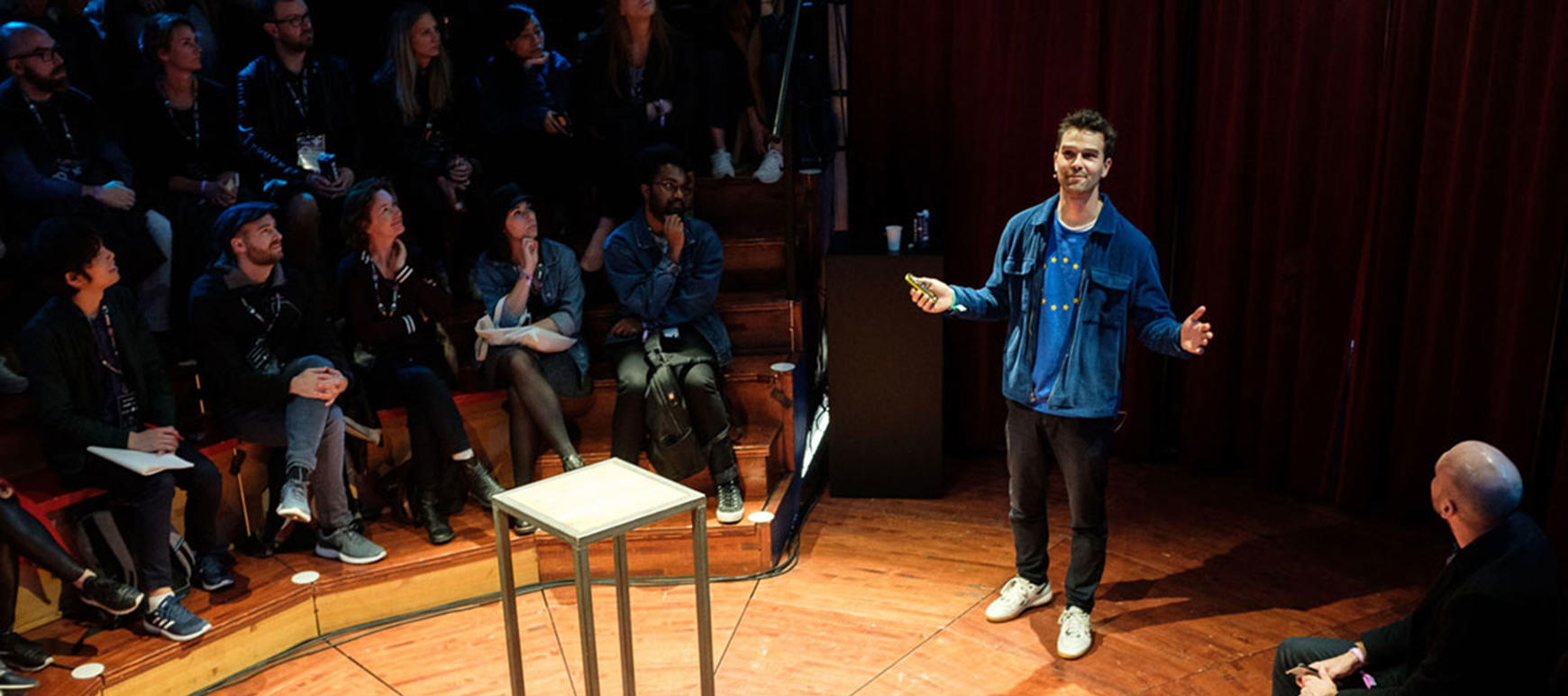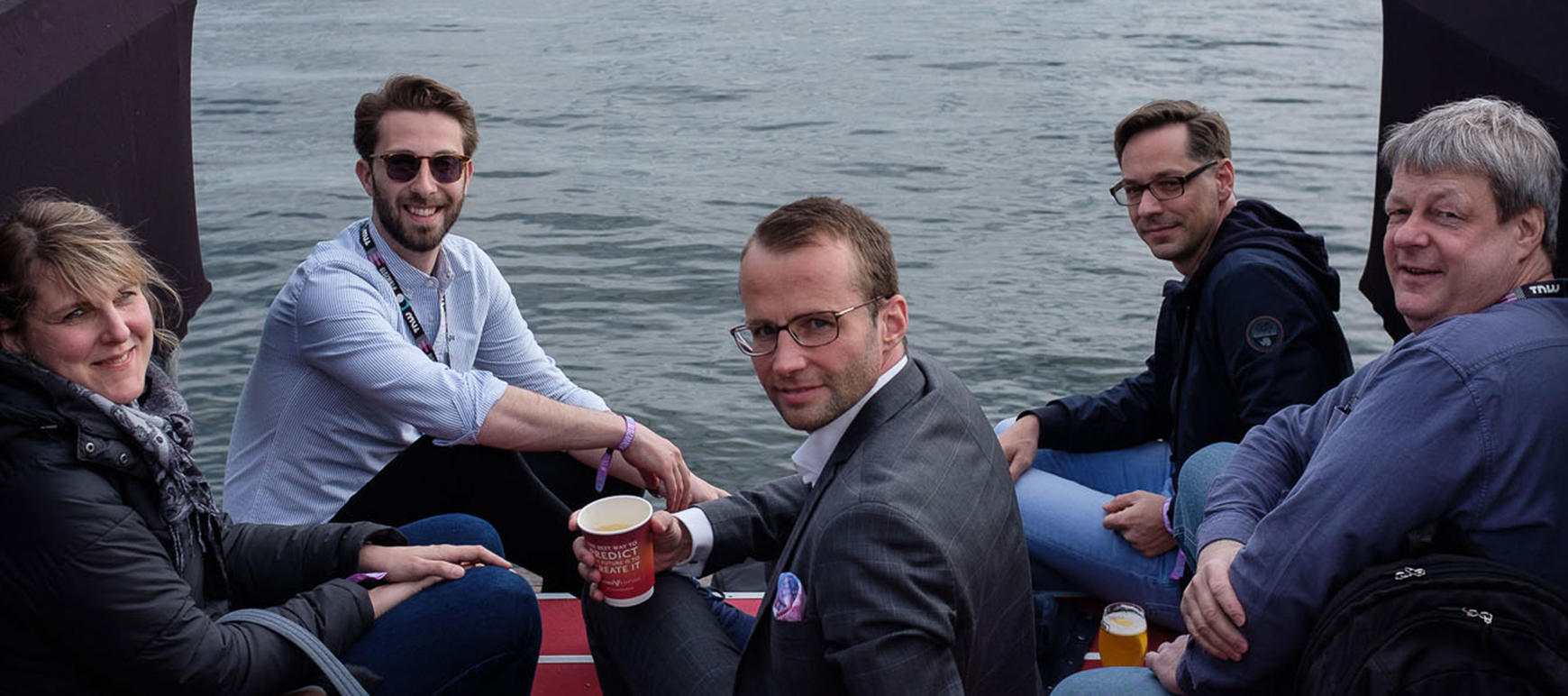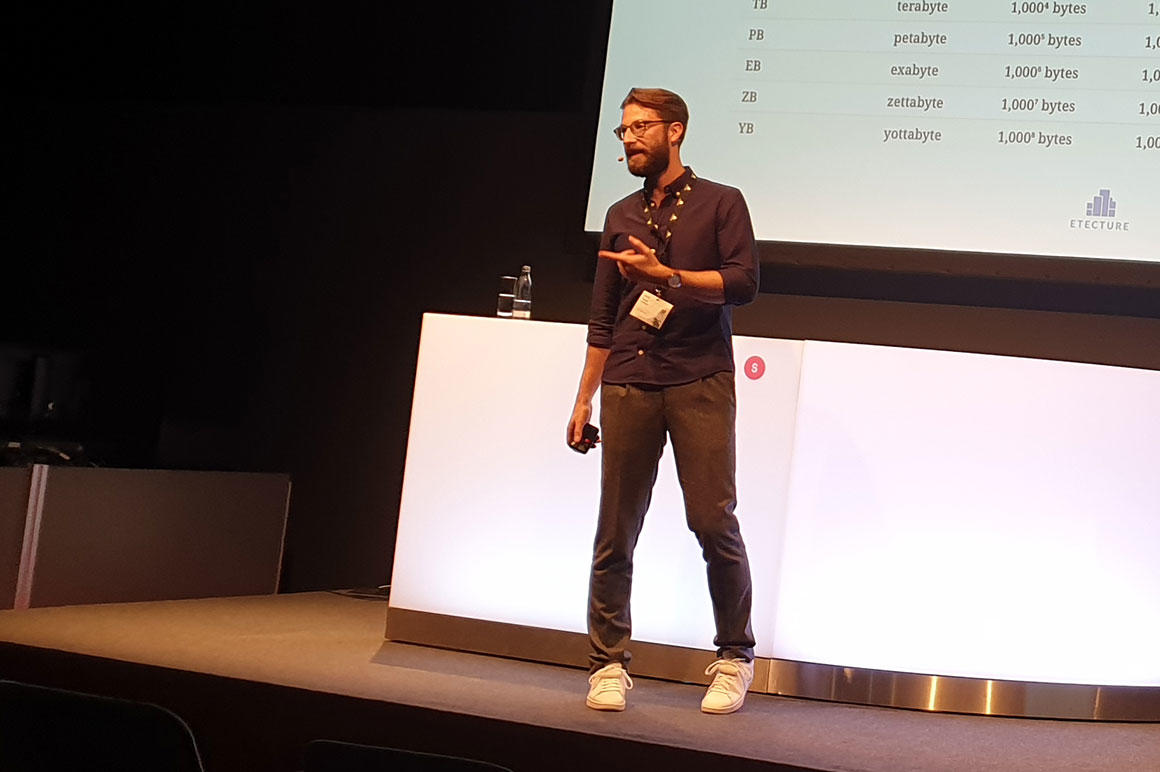Insights from the TNW Conference 2019
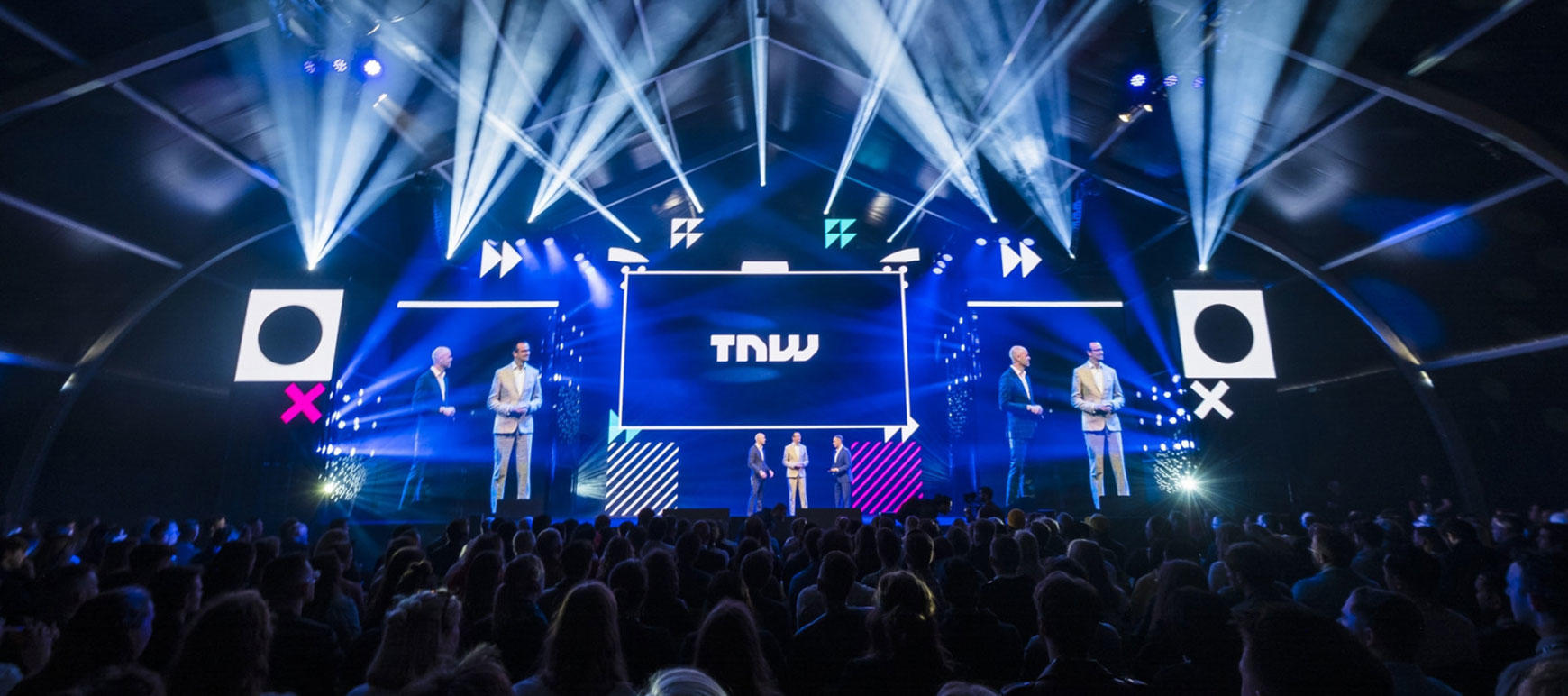
During my first TNW conference visit, when I was still attending university in Amsterdam, I was amazed by the thoughts, ideas and the mindset the speakers brought with them to the stage. I still vividly remember hearing about how a group of ex-NASA engineers prototyped complex technology concepts to battle malaria outbreaks in central Africa and how Andrew Keen highlighted the dangers of Social Media and other technologies way before it became a mainstream story.
The passion for technology and the use of technology for the greater good had a profound impact and I’m positive that it further awoke my passion in digital. Now, many years later, during the 14th edition of TNW, I had the opportunity to share this excellent conference with some of my brilliant German colleagues. We ventured into sunny Amsterdam to listen to 300+ digital leaders.
Below are a couple of thoughts that highlight our experiences in Amsterdam during this wonderful conference.
Yvonne Gruber, User Experience Design: Two memorable talks about artificial intelligence
At this TNW Conference I heard two really memorable talks about artificial intelligence: "Automating Beyond Human Expression" by Cassie Kozyrkov, Chief Decision Scientist at Google and "AI is more than math" by Caroline Sinders, Research Fellow Artist at Harvard Kennedy School.
For me, the main point of both talks was that artificial intelligence is neither good nor bad and that no one should be afraid of it. If we want to work with artificial intelligence in the right way in the future, the most important factor will be the responsible handling of the technology by humans.
Because AI is nothing more than a tool, but it is something more than just math.
Cassie Kozyrkov states that "Wise objective learning data must be created for machine learning." Which means, that we need an objective-driven approach to choosing the right data for the machine to learn. Well-crafted exams and prudent safety networks lead to principles of safe and effective artificial intelligence. In addition, the results must be checked and corrected over and over again through intelligent testing.
After all, we, the humans, are responsible to intervene in the topics of communication, design, art and technology against distorting or discriminatory data to lead the training and the learning process of the machines in the right direction.
Matthias Schmidt, Digital Strategy & Transformation: The possibility of a deeper insight in just about no time
I was somewhat irritated when I saw the talks are just about 20 minutes in length. How could one give a deeper insight on a topic in just about no time? Will there be some learning, or any valuable outputs when the speakers have so little time presenting what they know and what drives them? What I learnt: This very short time for a talk separates the masters from the self-advertisers and wannabes. Of course there where some fails. Or let‘s better say some unfortunate picks, because it could rather be my fault than the speakers'. There where fantastic talks on tech topics like AI, ML, DLT or talks about becoming successful based on a certain attitude by fantastic speakers like Caroline Sanders, Cassie Kozyrkov, Dave Kerpen, Guy Kawasaki and many more. But eye-openers where others for me.
Mankind destroying nature and millions of species and therefore basis of life on earth - of course for mankind itself. Nothing less then the biggest of all problems was what Jarl Schulp, Co-founder & Director of FIBER, wanted us to hear and to think about. He believes in Art (in Tech), that it can change the way we think about the core challenges of mankind. He showed quite vivid how art actually can help to change people’s mindsets on these topics and at the same time showing solutions by striving different perspectives and different approaches on using tech, e.g. using patents for the better instead for profit. We have to think huge! And we have to act in small but doable steps that are focusing the better. After this talk I had the feeling that we‘re not doomed. Not yet. Yes, there‘s work left, but there are (a lot of) people.
Alexander Klöpping, Founder & CEO of Blendle, put emphasis on staying creative and innovative in your day-to-day work. His narrative of playing in a band with friends lead to the simple but very precise words "always keep jamming" with your colleagues (and friends) and that this possibly is what it takes to be and stay successful in business life while maintaining the fun in your work.
So: Ask the huge questions, stay motivated and focused, keep on jamming and have fun ... and on the way possibly help saving nature and our insignificant mankind
Martin Weber-Schaeuffelen, Customer Experience & Innovation: Political and social dimensions of digital transformation
In addition to some cases of 20 minutes of Buzzword Bingo, the political and social implications of Digital Transformation and new technologies were discussed in several lectures and panel discussions.
For example, the conversation "China-US geopolitical battle for tech supremacy", by Evgeny Morozov, Paul Triolo, Rebecca Harding and Dan Thomas. The discussion narrowed down on the tendency to national isolationism by forming a parallel internet, like in China and Russia. This counteracts the basic idea of openness and transparency. The panel also discussed how the building of new data infrastructures and AI is used as a power instrument of geopolitical expansion, as China is currently using social credit to transform its own social system. It may even roll this out globally in the context of the new Silk Road project. This project is by far the world’s largest IT and data infrastructure project.
Fortunately, there were also several very positive lectures, like the presentation by James Cameron, Senior Advisor at SystemIQ, on how Circular Economy will impact business and technology. He explained the systemic (re)thinking in sustainable economic cycles in the face of increasing global destruction for survival. On one hand, creativity is a key competence in the development of such disruptive business models, because creative (as opposed to ingenious) thinking can ask the right questions for the development of new, sustainable solutions. Through intelligent data usage and IoT (and if necessary, Blockchain). This enables the development of a more efficient and effective circular economy.
Steve Stein, Innovation & Digital Strategy: A need for Failosophy
My favorite presentation - "Growth and leadership that embraces failure" by the Author Gabe Zichermann - reminded me again, how thinking and speaking are very much intertwined. So this got me thinking: When we talk about change, we quickly talk about the necessary Mindset to make it happen - we should also talk about the words that make it a reality.
Innovation usually comes at a cost we say; The cost of failure. But that is OK we would proclaim, as long as 1 out of X innovations succeeds and we have managed to fail-forward, the overall outcome can still be considered a success.
Now here's the issues: We accept failure, we do not embrace it. What we need is a Failosophy - an understanding, that every single success is inevitably build upon multiple failures that paved the way. Hence, failure is not a cost or the opposite of success, it is the funding and a prerequisite to it.
And here our language comes into play again. Failure has a bad rep. One it hopefully soon will overcome, but one that currently hinders us nonetheless. Maybe, in the same way that "problems" have become "challenges" in our modern marketing-driven language, a failure might be rightfully called "progress" towards success.
So, let's cheer up and embrace progress on our way to success.

